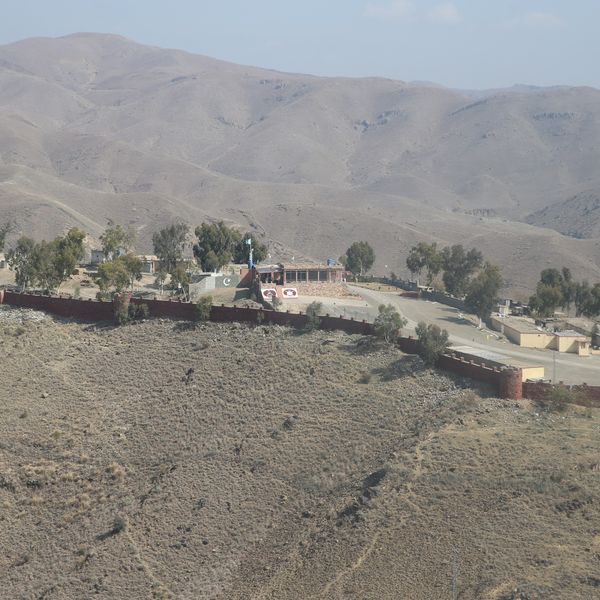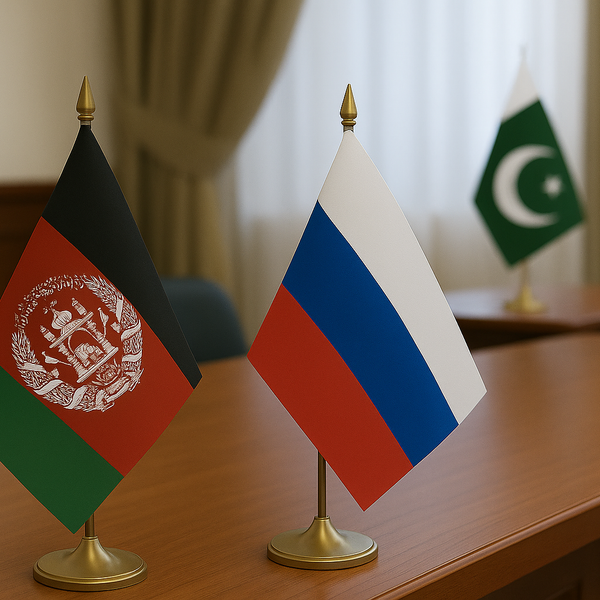Trump signs order to pull US from WHO, citing funding disparities
United States is the largest donor to WHO, withdrawal expected to impact global health initiatives
AFP
News Agency Partner
AFP is a renowned international news agency, delivering comprehensive and reliable reporting on global events, trends, and issues.

Trump criticizes WHO's handling of Covid-19 pandemic, accuses organization of favoring China
China promises to continue supporting WHO despite US withdrawal
President Donald Trump Signed an executive order directing the United States to withdraw from the World Health Organization (WHO), a body he has repeatedly criticized over its handling of the Covid-19 pandemic.
Speaking at the White House hours after his inauguration, Trump said the United States was paying far more to the UN body compared to China, adding: "World Health ripped us off."
The United States, the largest donor to the Geneva-based organization, provides substantial financial support that is vital to the WHO's operations.
Its withdrawal is expected to trigger a significant restructuring of the institution and could further disrupt global health initiatives.
This marks the second time Trump has sought to sever ties with the WHO.
During his first term, the United States issued a notice of intent to withdraw, accusing the organization of being overly influenced by China during the pandemic's early stages.
That move was later reversed under former president Joe Biden's administration.
China promises support
In Beijing, China's foreign ministry spokesman said Beijing would continue supporting the WHO.
"The role of the WHO should only be strengthened, not weakened," Guo Jiakun said.
"China will, as always, support the WHO in fulfilling its responsibilities... and work towards building a shared community of health for humanity."
In his new executive order, Trump directed agencies to "pause the future transfer of any United States Government funds, support, or resources to the WHO" and to "identify credible and transparent United States and international partners to assume necessary activities previously undertaken by the WHO."
The administration also announced plans to review and rescind Biden's 2024 US Global Health Security Strategy, which was designed to prevent, detect, and respond to infectious disease threats, "as soon as practicable."
Several experts expressed dismay at the withdrawal.
"We cannot make WHO more effective by walking away from it," Tom Frieden, a former senior health official under Barack Obama, wrote on on X.
"The decision to withdraw weakens America's influence, increases the risk of a deadly pandemic, and makes all of us less safe."
Others warned that by withdrawing from the organization, the United States will lose privileged access to important epidemic surveillance data which could harm the capacity to monitor and prevent health threats from abroad.
"Instead of being the first to receive vaccines, we will be at the back of the line," wrote Lawrence Gostin, professor of public health law at Georgetown University, on X.
"Withdrawal from WHO inflicts a deep wound on US security & our competitive edge in innovation."
The timing of the US withdrawal comes amid mounting fears over the pandemic potential of the current bird flu outbreak (H5N1), which has infected dozens and claimed one life in the United States.
Meanwhile, WHO member states have been negotiating the world's first treaty on pandemic prevention, preparedness, and response since late 2021 -- negotiations now set to proceed without US participation.










Comments
See what people are discussing